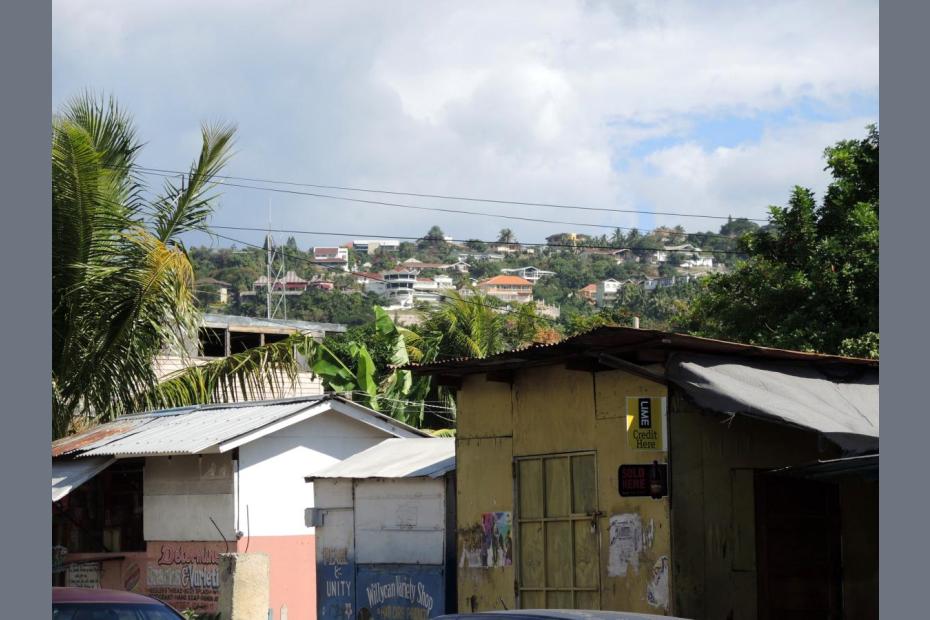Jamaican funerals are typically not held immediately, and can be held up to a month later. Part of the reason is to allow the return of family members from abroad, but another reason seems to hearken to Afro-Jamaican beliefs about the time it takes for the spirit, or duppy to depart the body.
'Nine night'
One distinctive Jamaican element of mourning and burial is known commonly as “nine night.” Nine night is a form of “set up,” or wake, that takes place on the ninth night after a person’s death, before the funeral and burial. According to traditional Jamaican belief, the journey from this world to the next is not complete until nine nights after the death of the body. A malevolent ghost, or duppy, of a deceased person might linger after death, inhabiting its old house, or exacting revenge on persons who have mistreated it. On the ninth night, it is said to depart permanently, at which time its friends must give it a party as a celebratory send-off. Proper respect for the dead body and the duppy are said to prevent retribution or other harm from a duppy. Otherwise, the soul of a dead person can wreak havoc on a community. A tabloid account of a duppy appearance shortly after the death of a young man gives one example of how that fear holds sway. To prevent retribution or wandering duppy experiences, favorite items of the deceased might be placed in the coffin, and infants would be passed two or three times over the body in the coffin to prevent the return of a dead person’s spirit.
Nine night involves singing, dancing and drinking. In the very poor neighborhood of West Kingston, parishioners say that after a death, a street or alley may be blocked and lined with candles during the mourning period, and that the nine night celebration can be a major event, even for poor families.
Uptown and downtown, most people say disapprovingly that the practice has shifted from memory of the dead to excuse for a party and for drinking rum and forgetting their troubles. They also suggest that the balance has shifted from consoling the family, to adding burden to them, financially and otherwise. Others say that it is too often used as a way to display wealth, even among those who cannot afford it.
